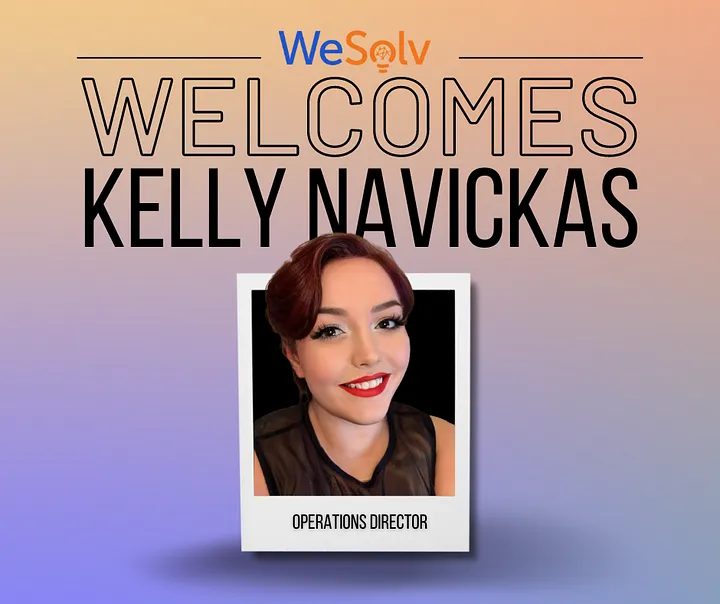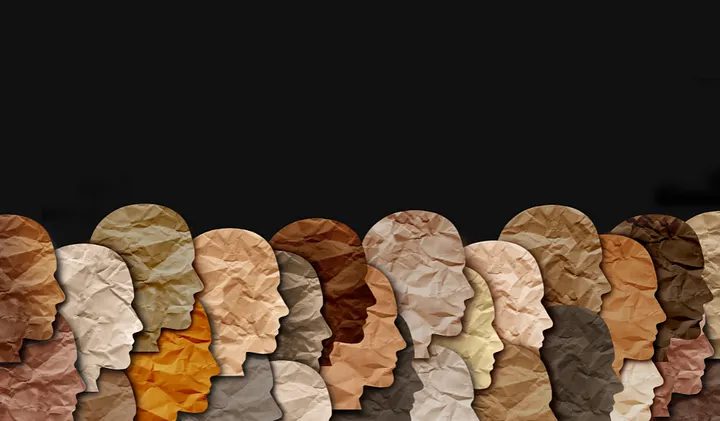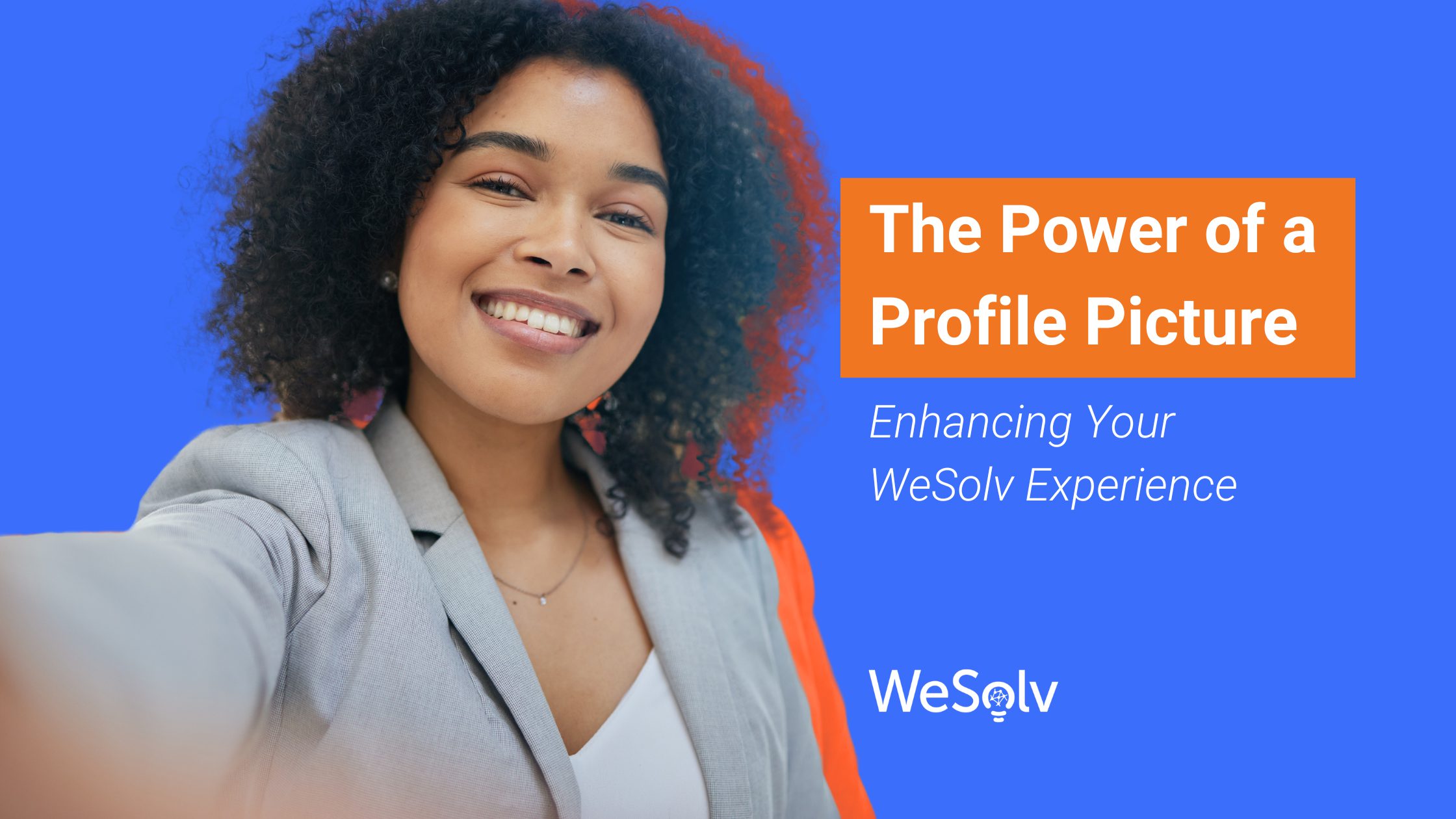Diversity in education isn’t solely about representation. It’s an avenue to foster an inclusive environment, one where every voice is valued and heard. Yet, the presence of microaggressions in classrooms and seminar halls threatens this
inclusivity. The microaggression definition for students is different because of the longterm impact it can have on ones learning environment. By recognizing and converting these negative nuances into actionable, positive change, we can
truly redefine our learning environments.
Understanding the Depth and Range of Microaggressions
Microaggressions are understated, often unintentional expressions of bias that can undermine an individual’s confidence and self-worth.. Imagine Carlos, a Latino student, feeling an implied doubt about his academic capabilities. Or,
Ananya, who is often ridiculed not for the content of her words but the Indian accent with which she speaks them. Then there’s Sam, a wheelchair user, whose peers assume he’s only at the school because of a diversity quota. While these
scenarios just scratch the surface, they highlight the emotional and psychological toll such encounters exert over time.
The Ripple Effect: From Individuals to Classroom Dynamics
More than just affecting individual students, the impact of microaggressions reverberates throughout academic settings, influencing class interactions and group dynamics. Yet, understanding this offers a chance to reshape our
classrooms, making them more inclusive.
The Power of Positive Affirmation: Microaffirmations
Microaffirmations — deliberate acts of inclusion and validation — counter microaggressions’ detrimental effects. Something as simple as acknowledging a viewpoint or showcasing appreciation can make a world of difference. These tiny
acts, when repeated and multiplied, create an environment where everyone feels recognized and included. The positivity that comes from being acknowledged helps mitigate the negativity and self-doubt instigated by microaggressions.
Empowering Through Self-Advocacy: Guidance for Students Navigating Microaggressions
If you encounter a microaggression and feel comfortable, address it head-on. Your perspective might open the eyes of someone unaware of their biases. In tandem, seek out supportive communities within your institution — such as
mentorship programs or student organizations. These groups can offer solace, understanding, and strategies to cope. By sharing and celebrating your unique perspective, you not only enrich the academic environment but also reinforce your
self-worth.
Always remember, facing microaggressions can be emotionally draining. Prioritizing your well-being is paramount.

Guidelines for Allies: Crafting Inclusive Spaces
To be an effective ally, immerse yourself in understanding cultural nuances and biases. Workshops or seminars on implicit biases offer a great starting point. Furthermore, listen more than you speak, and use your influence to bring
forward voices that are often overshadowed.
WeSolv’s Dedication to Inclusivity
At WeSolv, we view ourselves not just as a platform, but a community actively engaged in fostering diversity and inclusivity. Our initiatives, from case challenges to outreach
programs, are testament to our commitment. In prioritizing understanding and actionable solutions, we aspire to inspire a more inclusive educational landscape.
Inclusivity is an evolving journey. By consistently countering microaggressions and fostering microaffirmations, we pave the way for a generation of leaders marked by empathy and inclusivity.









